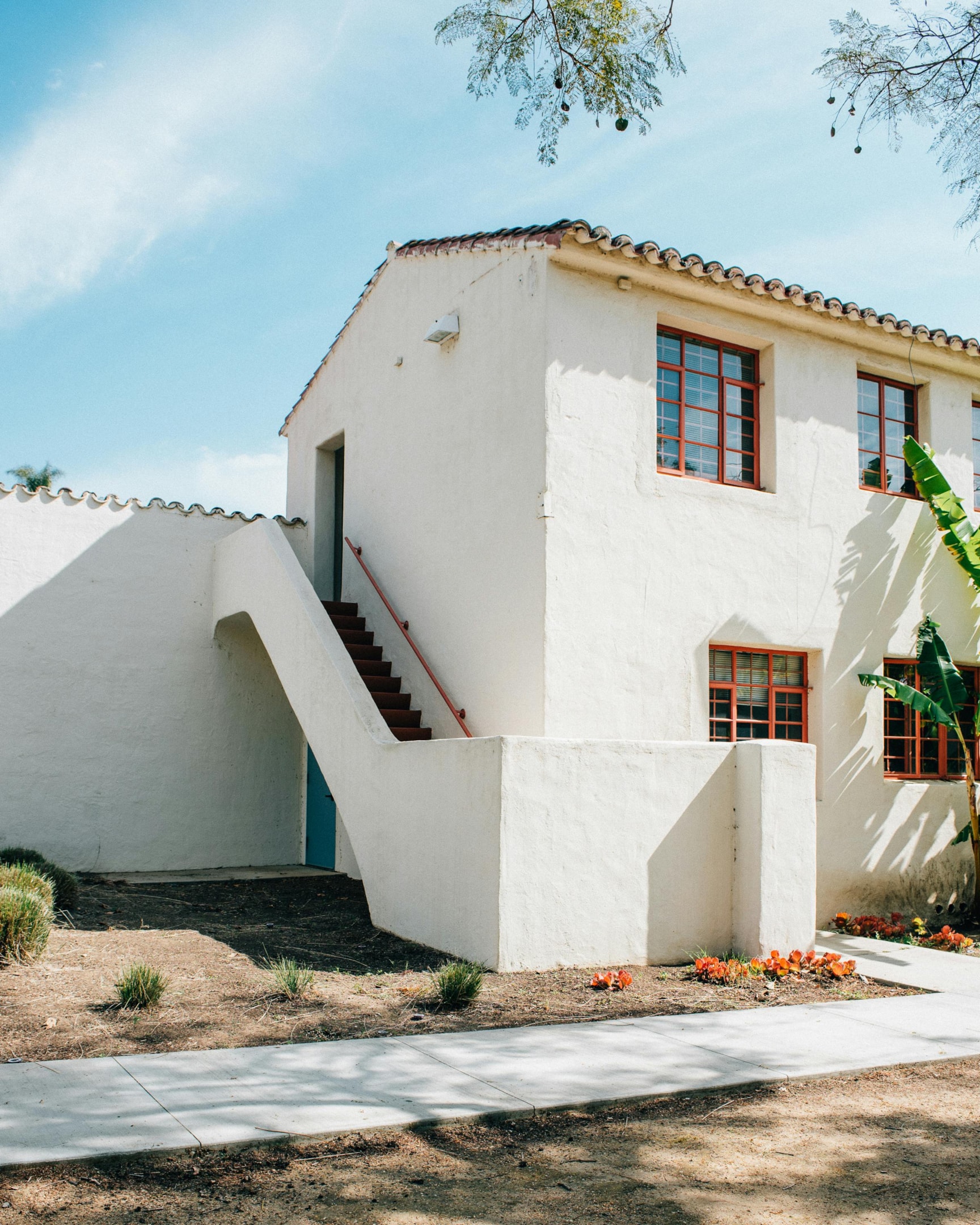The Ultimate Guide to Buying Probate Property in California

Introduction
Have you ever wondered how some savvy investors manage to snag California properties at prices that seem too good to be true? Chances are, they've taken a deep dive into the world of probate property. In this guide, we'll walk you through everything you need to know about buying probate property in California—from understanding the process to negotiating the best deal. Whether you're a first-time buyer or a seasoned investor, this article will equip you with insights and actionable steps to navigate the unique landscape of probate real estate.
Understanding Probate Property
Definition of Probate Property
Probate property is real estate that is sold as part of settling an estate after the owner, or deceased person, has passed away. Unlike typical real estate transactions, these properties are often sold "as-is," which means buyers should be prepared for potential repairs or legal intricacies. In California, the probate process can open up opportunities to purchase properties at below-market prices, but it also comes with its own set of challenges.
How the Probate Process Works in California
In California, when a property owner dies, their decedent's estate goes through a legal process called probate. This process involves:
Validating the Will: If the deceased left a will, the probate court validates it to ensure its authenticity.
Appraising the Estate: The court or appointed professionals assess the value of the property.
Settling Debts: Any outstanding debts or taxes must be paid before assets can be distributed.
Distribution: Finally, the property may be sold, or ownership is transferred to heirs.
This entire process can take several months to years, and understanding its timeline is essential for buyers. The inherent delays can work to your advantage if you're looking for a bargain—but they also require patience and due diligence.
Benefits of Buying Probate Property
Potential for Lower Prices
One of the most appealing aspects when you buy probate property in California is the possibility of securing a deal below market value. Since these properties are part of an estate settlement, the primary goal is often to liquidate assets quickly rather than maximize profit. This urgency can create a buyer's market where negotiation becomes a key advantage.
Imagine finding a hidden gem in a neighborhood you've always loved at a fraction of the typical cost—it's like discovering a secret door to a treasure chest!
Investment Opportunities
For investors, probate properties can be a goldmine. The lower acquisition costs can lead to higher returns, especially if you plan to renovate and resell or rent out the property. Additionally, since these properties are often overlooked by traditional buyers, there can be less competition in the market.
Investing in probate properties is a bit like buying vintage wine—the right conditions and a little patience can yield substantial rewards. To learn how to start acquiring these leads today, read The Best Probate Leads for Real Estate Investors in 2026.

Challenges in Buying Probate Property
Legal and Financial Complexities
The probate process is laden with legal requirements outlined in the probate code that can be daunting for the uninitiated. From navigating court procedures to understanding legal jargon, buyers must be prepared to invest time and possibly money in legal advice. Moreover, financial complexities such as outstanding liens or unpaid taxes on the property can add unforeseen expenses.
Market Competition and Risks
While the prospect of a lower price is enticing, not every probate sale is a sure thing. You might find yourself in a competitive bidding situation, or worse, facing a property with severe issues that were not disclosed upfront. It's crucial to perform a thorough due diligence process to mitigate these risks. Think of it like a high-stakes game of chess—each move requires careful planning and foresight to outmaneuver unexpected challenges.
Steps to Buying Probate Property in California
Research and Identify Probate Listings
The first step in your probate property journey is diligent research into probate property sales. Unlike conventional real estate listings, probate properties might not be as prominently advertised. You'll need to search through county records, online probate sale listings, and sometimes even local newspapers.
Discovering USLeadList for Probate Property Opportunities
USLeadList is a valuable resource for investors looking to delve into the probate property market. Specializing in providing comprehensive probate leads, USLeadList offers detailed information on properties currently undergoing the probate process. This service can be instrumental in identifying potential investments that might not be readily visible in traditional real estate listings. By leveraging USLeadList, investors gain access to a curated database of probate sales, allowing them to make informed decisions and strategize effectively. Whether you're a seasoned investor or new to the probate landscape, USLeadList can be your guide to uncovering hidden gems within the California real estate market. Check out their website today to see pricing for your areas in California and throughout the United States.
Engage a Real Estate Agent Specializing in Probate Sales
Not all real estate agents have experience with probate properties. Look for an agent who specializes in this niche market. Their expertise can help you navigate the complexities of the probate process, negotiate better deals, and avoid common pitfalls.
Legal Due Diligence
Before making an offer, it's imperative to conduct legal due diligence. This includes verifying the status of the probate, checking for liens or outstanding debts, and consulting with a probate attorney or personal representative if necessary. While this step might seem tedious, it can save you from costly mistakes down the line.

Legal Considerations and Processes
Understanding the Probate Court
The probate court plays a central role in these transactions. The Independent Administration of Estates Act (IAEA) allows Executors or Administrators to sell estate property with minimal court oversight. It oversees the entire process—from validating the will to approving the sale. Familiarizing yourself with the court's procedures and timelines can help set realistic expectations and ensure you're prepared for each stage of the process.
Required Documentation and Legal Fees
Buying a probate property means you'll be dealing with a variety of documents:
Letters Testamentary or Letters of Administration: These documents authorize the executor or administrator to handle the estate.
Court Orders: Often, you will need the court's approval to finalize the sale.
Disclosure Documents: Although probate properties are sold "as-is," certain disclosures regarding property conditions or legal encumbrances might still be required.
Keep in mind that legal fees can add up, so factor these costs into your overall budget when considering a probate purchase.
Financing Your Probate Purchase
Traditional vs. Cash Offers
When it comes to financing, buyers often face a choice between traditional financing and cash offers. Probate properties can sometimes be more appealing to sellers if the offer is in cash, as it speeds up the process and reduces the risk of financing issues. However, if you're not in a position to pay cash, traditional financing options are available—but be prepared for a slightly longer process. To learn more about various financing methods for your investments, read Essential Strategies for Budgeting for Real Estate Investing Success.

Negotiating and Making an Offer
Valuation of the Property
One of the most critical steps in buying probate property is accurately assessing its value as real property. Given that these properties are sold "as-is," you need to account for potential repair costs and any legal or administrative fees. Hiring a professional appraiser or conducting a comparative market analysis (CMA) can help you determine a fair offer price.
Tips for a Successful Bid
Negotiation in the probate market can be tricky. Here are a few tips to keep in mind:
Start with a Realistic Offer: Understand that while there might be room for negotiation, offering too low might offend the seller or be rejected outright.
Be Prepared for a Bidding War: In popular areas, expect some competition. Remain patient and stick to your budget.
Include a Contingency Clause: Given the complexities of probate sales, having a contingency clause related to legal and title issues can protect your interests.
Think of negotiation as a friendly dance—both parties must find a rhythm that works without stepping on each other's toes.
Closing the Deal
Finalizing Legalities
Once your offer is accepted, the next step is to finalize the legalities. Understanding the various methods for getting probate property sold, such as through real estate agencies or auctions, is crucial. This phase includes:
Reviewing the Title: Ensure there are no unresolved liens or encumbrances on the property.
Court Approvals: Many probate sales require court confirmation before the deal can be finalized.
Settlement of Outstanding Debts: Any outstanding debts associated with the property must be settled before closing.
Transfer of Ownership
The final stage is the transfer of ownership. This process is similar to traditional property sales but often involves additional documentation and approvals due to the probate nature of the sale. Work closely with your attorney and real estate agent to ensure a smooth transition.
Post-Purchase Considerations
Renovation and Property Management
After the purchase, you may find that the property requires renovations or repairs. Assess the work needed and consider hiring professionals for the job. If you're planning to rent or resell the property, proper management and timely renovations can significantly enhance its value. If you're interested in buying properties that need major renovations, check out Leads for Flipping Houses: How to Find, Analyze, and Close Profitable Real Estate Deals.
Resale or Rental Opportunities
Probate properties can offer excellent opportunities for both resale and rental investments, and understanding the methods of selling probate property is crucial. If you're looking to flip the property, focus on making strategic improvements that yield a high return on investment (ROI). Alternatively, if you plan to hold onto the property, explore the rental market in the area to gauge potential income.

Conclusion
Buying probate property in California is an adventure that requires both courage and careful planning. From understanding the intricate probate process and the legal nuances to identifying a property that fits your investment strategy, every step is crucial. Whether you're drawn to the prospect of lower prices or the challenge of transforming a neglected property into a profitable asset, this guide aims to empower you with the knowledge you need to make informed decisions. By utilizing resources like USLeadList, you can access valuable probate leads that can give you a competitive edge in the market.
Remember, the world of probate real estate may seem complex at first glance, but with thorough research, the right team of professionals, and a patient approach, it can open doors to incredible opportunities. So, why not take a chance on a property that could be your next big investment or dream home?